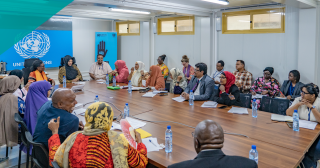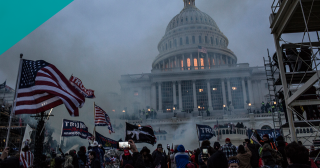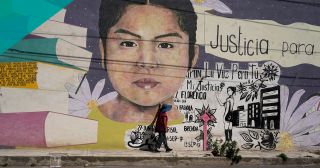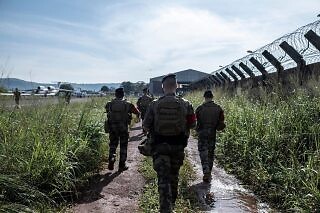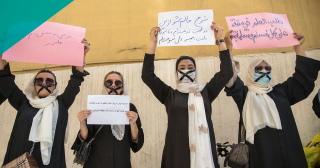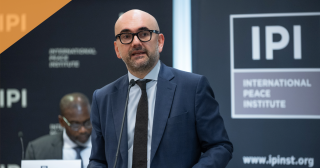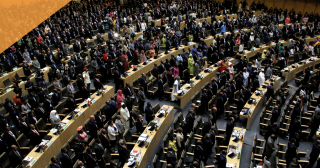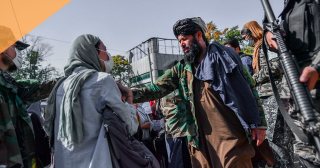The application of the WPS agenda has been hindered in places in Central America and the Caribbean that are not formally experiencing armed conflicts, but are nevertheless marred by violence.
Author: Evyn Papworth, Kiki Hunegs
-
-
Special political missions present a unique opportunity to advance the WPS agenda.
-
Understanding how gender narratives are exploited by far-right violent extremists is a pressing multilateral policy issue.
-
Without accountability and the meaningful participation of local actors, the transformative potential of Mexico’s FFP remains limited.
-
The UN’s multidimensional approach to peace support cannot simply be replaced by putting more non-UN boots on the ground.
-
Heather Barr, Associate Director of the women’s rights division at Human Rights Watch, shares insights from her continued work with Afghan women’s rights defenders following the Taliban takeover.
-
The New Agenda for Peace serves as a stark warning that the damage being done now will have significant implications for humanity’s future wellbeing, safety, and stability.
-
Asif R. Khan, Director of UNDPPA’s Policy and Mediation Division and a lead penholder of the New Agenda for Peace, reflects on the policy brief and next steps ahead of the Summit of the Future.
-
The New Agenda for Peace provides an opening for continental actors to advance priorities at the global level. However, this requires the AU to deliver on revamping its own multilateral system as a springboard to reforming global multilateralism.
-
Bold language on transforming patriarchy is not matched with concrete proposals to advance the WPS agenda and gender equality more broadly.

